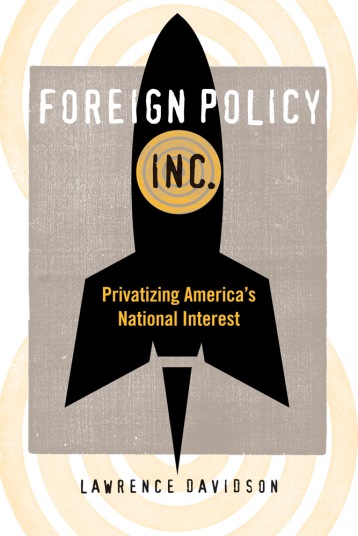Jour: 28 octobre 2014
Algeria will face the terrorist threat. DR
UPROOTED PALESTINIANS: SALAM ALQUDS ALAYKUM
https://mohsenabdelmoumen.wordpress.com/2014/10/26/algerie-une-frontiere-et-des-dangers/
Algeria has a common border with seven African countries, with a total length of over 6300 km, which is a very important geostrategic factor. However, it faces currently in a seat that dare not speak its name, from its eastern border to the South, while in the West, the monarchy of Morocco mobilizes its troops smugglers of drugs and fuel into a pernicious ploy Algeria.
Not content with this, the Kingdom of sex tourism did not hesitate to buy many journalists in the media to discredit the French Algeria, as was revealed by the mysterious Chris Coleman, whom we now call the Arab Snowden . It detailed the relation that the Makhzen with these French journalists, responsible for supporting the archaic monarchy of Morocco in its management of the Western Sahara issue which, remember, is still an unsolved case of colonization. The smear campaign against Morocco towards Algeria lasted…
Voir l’article original 2 291 mots de plus


Vous devez être connecté pour poster un commentaire.